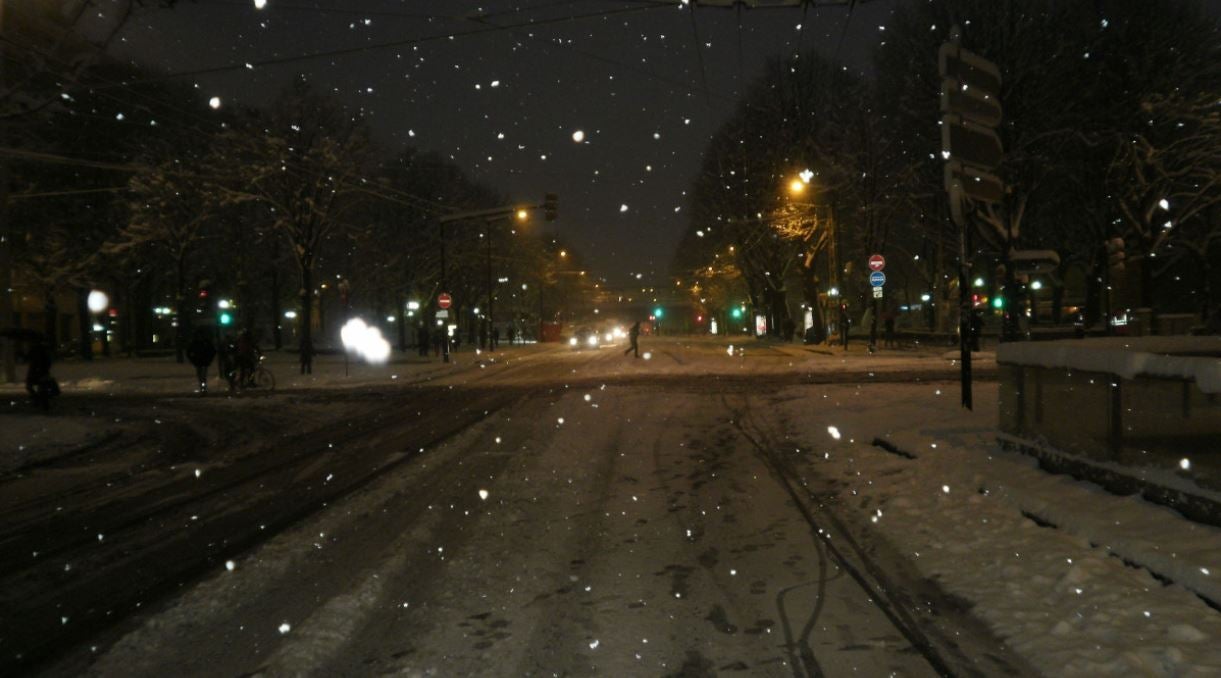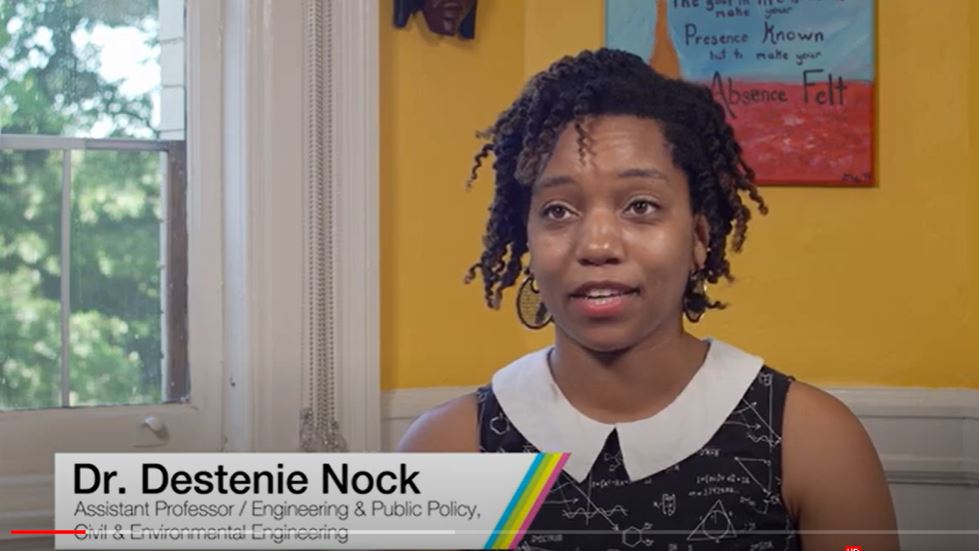Dr. Destenie Nock published a new study based on research in Chicago showing that low-income households turn on their cooling systems in hot weather three degrees later than higher income households, but they turn on heat in cold weather six degrees earlier than high income households, whether because of poor insulation or other reasons.
“This work highlights the challenges low-income communities face. Not only are they at higher risk in the summer, but in the winter they have to spend a lot more money to protect their pipes from freezing,” noted Nock. “The financial stress of heating homes in winter can also lead to broader inequities.”
Dr. Nock’s data can be used to shape policies that address systemic inequities, guide investments in infrastructure, and help improve living conditions for energy-insecure and vulnerable households.
Dr. Nock has provided expert testimony in Illinois rate case proceedings.





